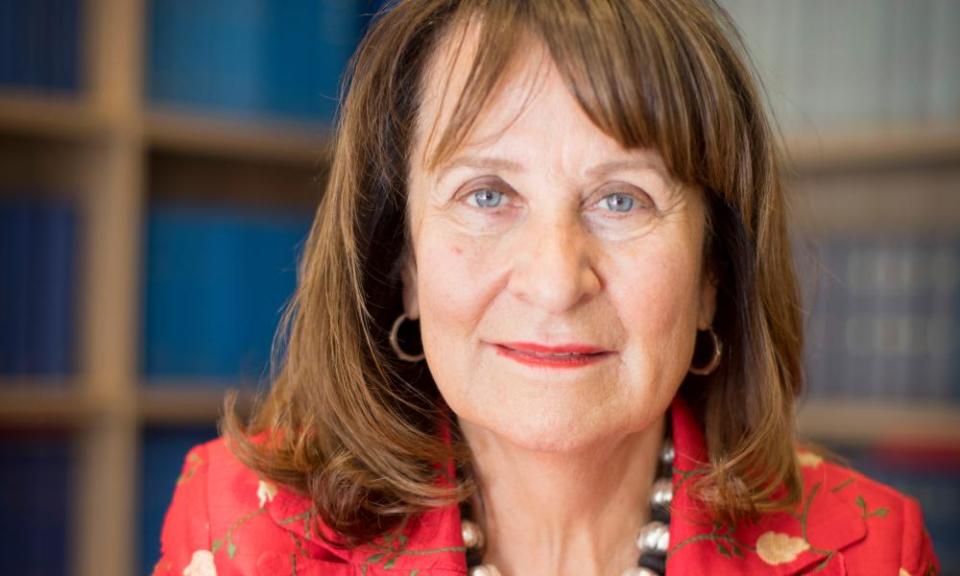QC calls on UK to support female judges at risk in Afghanistan
Helena Kennedy QC has launched an urgent appeal to provide support to judges along with lawyers, women’s rights activists, human rights defenders, and their families at risk in Afghanistan and in need of a safe haven abroad.
As part of the #EvacuateHer campaign, Lady Kennedy has also launched a petition calling on the UK government to provide sanctuary to Afghan judges and lawyers at risk. The Afghan Relocation and Assistance Policy (Arap) initially stated judges were eligible under the scheme but no longer includes this group.
The campaign is one of many attempts to help the hundreds of women who have sat as judges in Afghanistan. In the past 20 years, about 270 women have sat as judges – about a tenth of the country’s judiciary.
Their cases have included many the Taliban would consider as a direct challenge to their authority – liberating women from marriages where they found themselves enslaved, freeing women from situations of domestic violence and upholding the right of girls and women to education and careers. Some have been involved in ordering the imprisonment of members of the Taliban and terrorists from Islamic State and other organisations.
Speaking from a hiding place in Kabul, one judge told the Guardian: “It was not easy to become a female judge in Afghanistan. But now the Taliban have taken everything from us – our job, our family and our security. I cannot sleep because I am not sure if I will be alive tomorrow. The Taliban can enter my house and kill me at any time. They believe it is against Islam for a woman to be a judge. I want the British government to help us today. Tomorrow may be too late for us.”

Judge Anisa Dhanji, representing the International Association of Women Judges (IAWJ), said: “Our current efforts are focused, of course, on the judges who remain in Afghanistan and in trying to help to evacuate them, especially those who because of their ethnicity, type of work or their individual profiles, are at exceptional risk. A group from the IAWJ board and other members have been working in shifts 24/7 on these efforts for more than a month now.
“It has been extremely difficult, and often heartbreaking, when after days of intense efforts, hopes are dashed at the last minute, because of one obstacle or another. ”
Runna Alizoy, 42, escaped Afghanistan to the UK 19 years ago while she was part-way through studying to be a doctor. She qualified as a paramedic after reaching the UK. Her older sister is a senior judge in Afghanistan who is now in hiding. Alizoy is desperately lobbying everyone she can think of in the UK to bring her sister and family members to safety.
“It’s hard to put into words my grief for my sister. The lives of female judges have been stolen,” she said. “They say they Taliban have changed. They have changed. Twenty years ago they whipped women in the street and sent them home. Now they shoot them and send them to their graves.”
Marzia Babakarkhail, a former judge in Afghanistan whose life was twice threatened by the Taliban, has been settled in the UK for several years. She is contact with many of the female judges in hiding in Afghanistan and is lobbying MPs to help bring them to safety.
“Afghanistan is burning and all the women are on fire,” she said.
Dhanji added: “As women judges, they are at particular risk because they have had the temerity to sit in judgment on men … Judges have sent us specific details of the threats they have received, some to the effect that ‘Now you have no power, and we will find you.’”
The Foreign, Commonwealth and Development Office has been approached for comment.

 Yahoo News
Yahoo News 